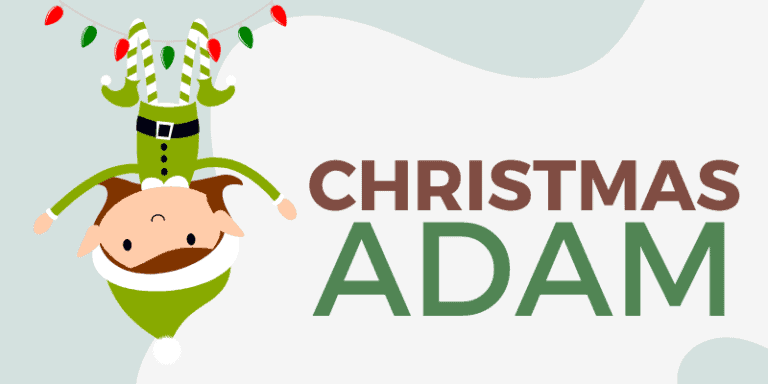Ibid vs idem
Ibid is an abbreviation of ibidem, a Latin word that means, literally, in the same place. Ibid is used mainly in footnotes or references to note a source that was previously mentioned, saving time and space by not repeating the same thing over and over again. Note here that it is the exact …

